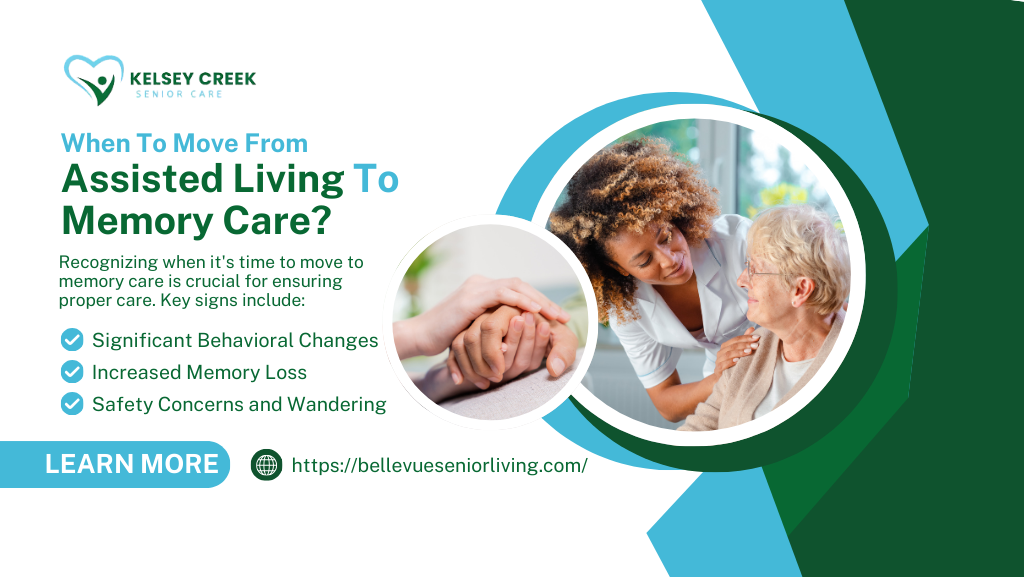Comprehensive Household Help Available with Alzheimers Care Charlotte
Comprehensive Household Help Available with Alzheimers Care Charlotte
Blog Article
Developing a Safe and Helpful Setting for Alzheimer's Treatment
The creation of a risk-free and encouraging setting for individuals with Alzheimer's is vital in enhancing their high quality of life. Checking out these complex strategies can expose important understandings into reliable caregiving techniques that may change the daily experiences of both caretakers and patients.
Understanding Alzheimer's Needs
Often, people with Alzheimer's illness display a variety of requirements that need tailored methods to care. As the condition progresses, cognitive decrease shows up in numerous methods, affecting memory, reasoning, and even the capacity to execute day-to-day activities. Caregivers must identify these advancing requirements to provide appropriate assistance and make sure a higher quality of life for those affected.
One critical facet of comprehending Alzheimer's requirements is recognizing the relevance of regular and experience. People usually discover comfort in well-known patterns, which can minimize stress and anxiety and complication. Caretakers should make every effort to produce organized everyday schedules that include significant tasks lined up with the individual's capacities and interests.
In addition, efficient interaction is critical. People with Alzheimer's may struggle to reveal themselves or comprehend intricate language. Caregivers need to utilize straightforward, clear language, use non-verbal signs, and practice energetic listening to promote understanding and link.
Caregivers ought to motivate involvement in area activities or family events, advertising a feeling of belonging and objective. Recognizing these diverse needs is vital for producing a helpful care setting.
Creating a Safe Home
Developing a risk-free home for individuals with Alzheimer's condition is vital to reducing threats and promoting freedom. Guarantee that paths are clear and well-lit, as proper lighting reduces disorientation and boosts movement.
Including adaptive attributes is also vital. Set up grab bars in washrooms and near stairways, and take into consideration making use of non-slip mats in damp areas. Additionally, using different colors for floors and wall surfaces can aid in identifying spaces, assisting to minimize confusion.
Knowledge is necessary for people with Alzheimer's. Individualizing the environment with acquainted things and photographs can strengthen a feeling of belonging and safety and security - Alzheimers Care Charlotte. It is additionally beneficial to have an assigned area for day-to-day activities, such as reading or crafting, which can supply framework to their day
Last but not least, executing a safe exterior room enables risk-free expedition while getting in touch with nature. By attentively designing the home environment, caregivers can substantially boost the lifestyle for individuals living with Alzheimer's disease.
Enhancing Communication Skills

Non-verbal communication, consisting of faces, gestures, and touch, plays an essential duty in sharing empathy and understanding. Maintaining eye call and a calm behavior can enhance the convenience level of the individual, advertising a sense of safety.
In addition, it is necessary to practice energetic listening. This entails being fully existing, showing patience, and enabling the person to reveal themselves without interruption. Rep may be necessary; caretakers should be prepared to take another look at subjects or questions, as people with Alzheimer's may fight check it out with memory recall.
Additionally, making use of visual help or hints, such as pictures or familiar things, can help with acknowledgment and interaction. Ultimately, improving interaction skills has to do with building depend on and creating an atmosphere where people feel listened to, valued, and recognized, thus improving their lifestyle.
Motivating Social Communication
Fostering significant social communications can significantly boost the well-being of individuals with Alzheimer's illness. Involving with others not only helps battle sensations of seclusion but likewise boosts cognitive feature and emotional health. Structured social activities, such as team games, crafts and arts, or songs treatment, develop opportunities for locals to link with peers and caretakers, which can bring about improved mood and decreased stress and anxiety.
Developing a welcoming setting that urges socialization is important. This can be accomplished by setting up public rooms that promote communication, such as comfy seating areas or activity rooms. Additionally, incorporating culturally relevant and familiar tasks can urge and trigger memories engagement, permitting people with Alzheimer's to really feel even more linked to their previous experiences.
Furthermore, caregivers must be trained to recognize and advertise social engagement amongst citizens. By prioritizing social communication, we can considerably improve the lives of those living with Alzheimer's, promoting a sense of area and belonging.
Supporting Caretaker Well-being

To sustain caretakers, companies should provide routine training and instructional sources to enhance their understanding of Alzheimer's disease and caregiving methods. Supplying accessibility to reprieve treatment services allows caregivers to take required breaks, minimizing stress and anxiety and fatigue - Alzheimers Care Charlotte. Additionally, fostering a community with support teams can assist in emotional sharing and the exchange of practical suggestions among caretakers, producing a network of common assistance
Psychological wellness resources, such as Your Domain Name counseling services, can also be essential in dealing with the psychological toll caregiving can take. By prioritizing caretaker wellness, we develop an even more lasting caregiving environment that not just profits the caretakers themselves however additionally enhances the overall quality of treatment received by people with Alzheimer's. Eventually, supporting caretakers is a crucial element in fostering a caring and efficient treatment setting.
Verdict
In verdict, the production of a risk-free and supportive setting for individuals with Alzheimer's is vital to improving their lifestyle. By prioritizing safety and security with thoughtful layout, fostering psychological well-being with familiar aspects, and promoting interaction via structured routines, caregivers can substantially impact the overall experience of those influenced by this problem. Moreover, supporting caretaker health is crucial, as it ultimately adds great site to a more reliable and caring treatment environment.
Repetition may be necessary; caretakers need to be prepared to review questions or topics, as individuals with Alzheimer's may battle with memory recall.

Report this page